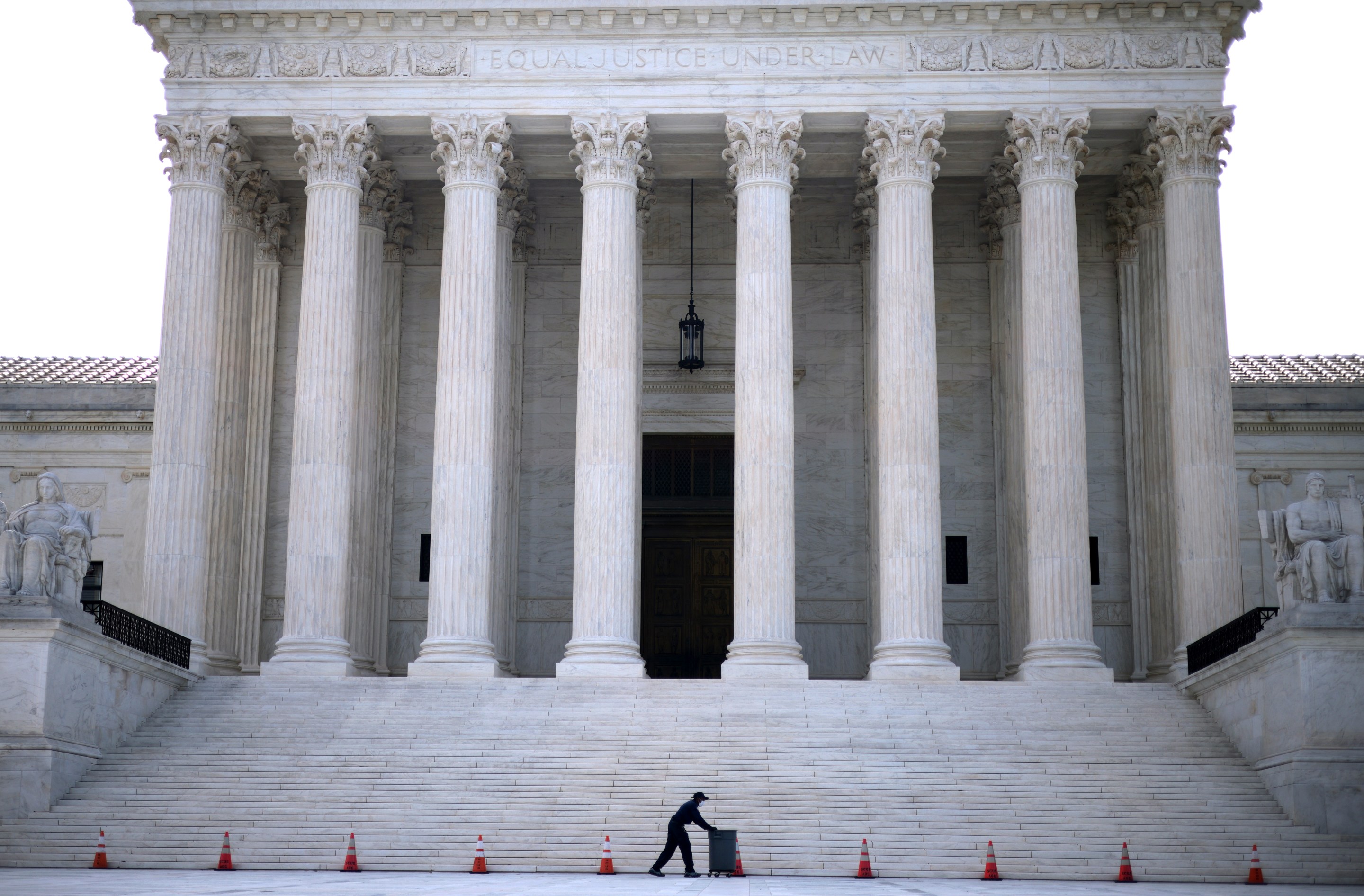Back in March, the United States Supreme Court heard oral arguments in NCAA v. Alston, and at the time the nine justices on the bench joined forces to roast each and every one of the NCAA's arguments, and repeatedly criticized the NCAA's cartel-like business model. The court handed down its ruling on that case today, and it was not exactly surprising to see them rule unanimously against the NCAA.
NEW: In a victory for college athletes, SCOTUS unanimously invalidates a portion of the NCAA's "amateurism" rules. The court says the NCAA can no longer bar colleges from providing athletes with education-related benefits such as free laptops or paid post-graduate internships.
— SCOTUSblog (@SCOTUSblog) June 21, 2021
This might feel like an important win for the athletes, but it’s a small one. By the time this case reached the Supreme Court, its scope had been significantly narrowed by a district court judge who wrote a 50-page opinion that, as Justice Gorsuch wrote in his decision, today, “Refused to disturb the NCAA’s rules limiting undergraduate athletic scholarships and other compensation related to athletic performance.” Instead, the district court found only the NCAA’s rules limiting the education-related benefits for athletes to be unlawful, permitting the NCAA to continue limiting any other forms of athlete compensation, such as, say, earning money for their labor. Today's ruling won't get athletes any closer to earning an actual wage, but it will allow schools to start handing out all sorts of goodies that can be passed off as "education-related benefits" to players.
The relatively low stakes of this case didn't stop the court from opening fire on the NCAA more broadly. In a real-life example of the "Heartbreaking: Worst Person You Know Just Made A Great Point" headline, Justice Brett Kavanaugh provided a concurring opinion, pointing out the meaninglessness of the decision. “But this case involves only a narrow subset of the NCAA's compensation rules,” Kavanaugh wrote. “I add this concurring opinion to underscore that the NCAA’s remaining compensation rules also raise serious questions under the antitrust laws.”
“The NCAA’s business model would be flatly illegal in almost any other industry in America,” Kavanaugh continued. “All of the restaurants in a region cannot come together to cut cooks’ wages on the theory that 'customers prefer' to eat food from low-paid cooks. Law firms cannot conspire to cabin lawyers’ salaries in the name of providing legal services out of a 'love of the law.'"
It’s nice and all that a Supreme Court Justice has acknowledged the NCAA’s illegal business practices on the record, but those practices are still sitting comfortably above the law. Maybe today's ruling will lead to similar cases being brought and won in the future, thus chipping away at the NCAA's model, but we're still a long way from tearing anything down. Until then, let's hope that some football program does its part to further demonstrate just how stupid and maddening this whole system is by offering new recruits education-related sports cars.






